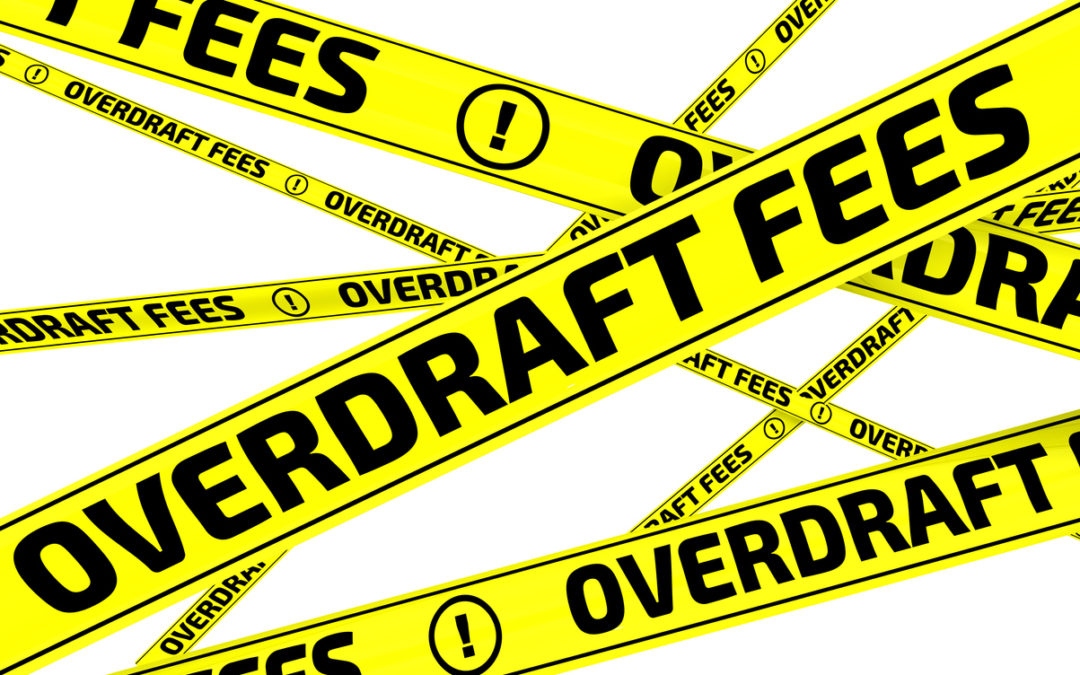Unethical banks and credit unions have paid millions of dollars in class action lawsuit settlements for charging excessive overdraft fees.
What You Can Do & How We Can Help
The Schmidt Firm, PLLC is currently accepting bank overdraft fee cases in all 50 states. If your bank or credit union charged you excessive fees for insufficient funds, you should contact our lawyers immediately for a free case consultation. Please use the form below to contact our Class Action Litigation Group or call toll free 24 hours a day at (866) 920-0753.
UPDATE: TD Bank Agrees to Pay $122 Million Settlement for Illegal Overdraft Fees on Debit Cards and ATMs
In August 2020, TD Bank agreed to pay a $122 million settlement for illegally charging $35 overdraft fees on ATM and debit card transactions without consent. According to the Consumer Financial Protection Bureau (CFPB), TD Bank told consumers it was a “free” program called Debit Card Advance, but it authorized TD Bank to pay for transactions when a customer didn’t have enough money in their account. If the transaction overcharged the account by at least $5, the customer was charged a $35 overdraft fee. In many cases, customers did not consent to join the program, or even realize they were joining it.
What Are Bank Overdraft Fees?
Financial institutions charge overdraft fees when a customer’s account does not have enough money to cover the transaction from a debit card, ATM withdrawal, automatic bill payment, or paper checks. The fee is $30 on average, even when the overdraft is much less than $30.
Banks Made $30 Billion Off Overdraft Fees in 2017
Overdraft fees are a major source of financial pain. Consumers paid $34.3 billion in overdraft fees in 2017 alone, according to data from the Federal Deposit Insurance Corporation (FDIC).
How Banks Maximize Overdraft Fees
Here are some common abusive practices that banks use to maximize their profits from overdraft fees:
- Charging extended overdraft fees in addition to per-transaction overdraft fees
- Re-ordering transactions to trigger more overdraft fees
- Allowing 5 or more overdraft fees to be charged per day
- Posting deposits irregularly
- Back-dating transactions
- Charging overdraft fees on pending transactions
- And more
Processing Transactions Out of Order
Unethical banks might process transactions in the order of highest dollar amount to lowest, which maximizes the odds of an overdraft fee, rather than processing each transaction chronologically.
For example, say you have $50 in your checking account. One day, you make purchases of $5, $10, and $100, in that order. Your account was only overdrawn on the last purchase, but your bank processes the $100 purchase first — causing three overdraft fees instead of one.
Bank Overdraft Fee Lawsuits
Massive banks and small credit unions alike have been hit with lawsuits for charging excessive overdraft fees, or re-ordering transactions to boost the odds of an overdraft. Here are examples:
- American Savings Bank
- Bank of America
- Capital One
- Chase Bank
- Citizens Bank
- HSBC
- JPMorgan
- M&T Bank
- Navy Federal Credit Union
- PNC Bank
- TCF National Bank
- TD Bank
- United Federal Credit Union
- UMB Bank
- USAA
- Union Bank of California
- Wachovia
- Wells Fargo
- And many more
Examples of Bank Overdraft Lawsuit Settlements
In June 2019, TD Bank paid $70 million to settle several lawsuits for allegedly charging excessive fees.
In April 2019, Navy Federal Credit Union paid $24.5 million to settle a lawsuit for charging excessive overdraft fees and “holding” funds to cause overdrafts.
In November 2017, Bank of America paid $66.6 million to settle a class action lawsuit accusing it of collecting illegally high interest rates, disguised as fees, from customers who let their checking accounts remain overdrawn for a few days.
In March 2015, HSBC paid $30 million to settle claims that the bank re-ordered transactions to maximize the odds of causing overdraft fees.
In May 2013, Wells Fargo paid $203 million to settle a class action lawsuit for re-ordering transactions to maximize the odds of causing an overdraft.
In March 2011, Bank of America paid $410 million for re-ordering transactions to maximize the odds of causing an overdraft.
Do I have a Bank Overdraft Fee Lawsuit?
The Schmidt Firm, PLLC is currently accepting bank overdraft fee cases in all 50 states. If your bank or credit union charged you excessive fees for insufficient funds, you should contact our lawyers immediately for a free case consultation. Please use the form below to contact our Class Action Litigation Group or call toll free 24 hours a day at (866) 920-0753.
Attention Lawyers: We consider a referral from another law firm to be one of the greatest compliments. If your firm is interested in referring us a case or for us to send you a list of previous award judgments and/or average referral fees, please visit the Lawyer Referral section of our website.


 The Schmidt Firm, PLLC has been recognized as one of the nation’s leading plaintiffs' law firms and handles cases in all 50 states. We are very proud of our legal achievements, but equally self-respecting of our firm's reputation for providing personal attention to each and every client we represent.
The Schmidt Firm, PLLC has been recognized as one of the nation’s leading plaintiffs' law firms and handles cases in all 50 states. We are very proud of our legal achievements, but equally self-respecting of our firm's reputation for providing personal attention to each and every client we represent.

